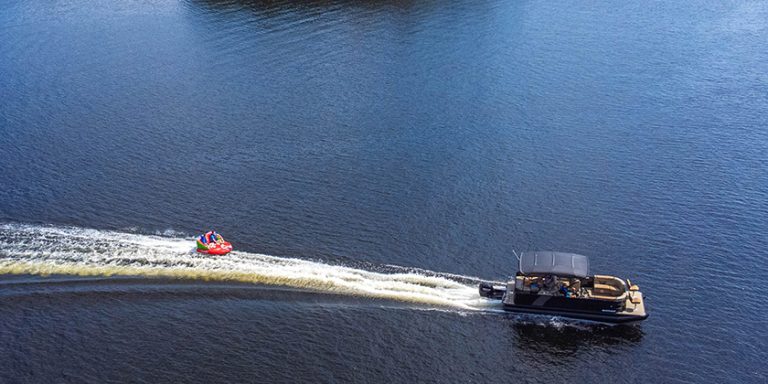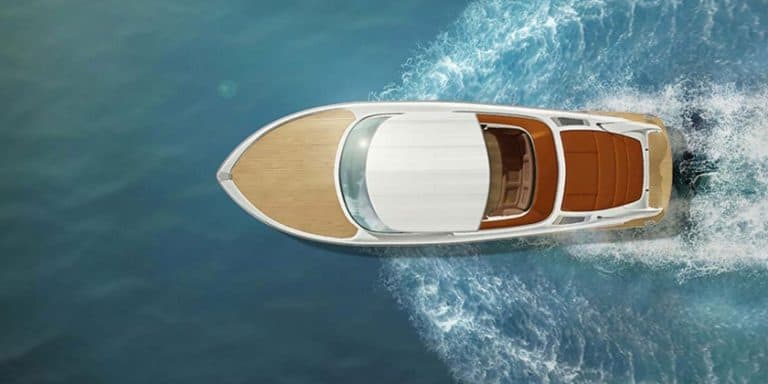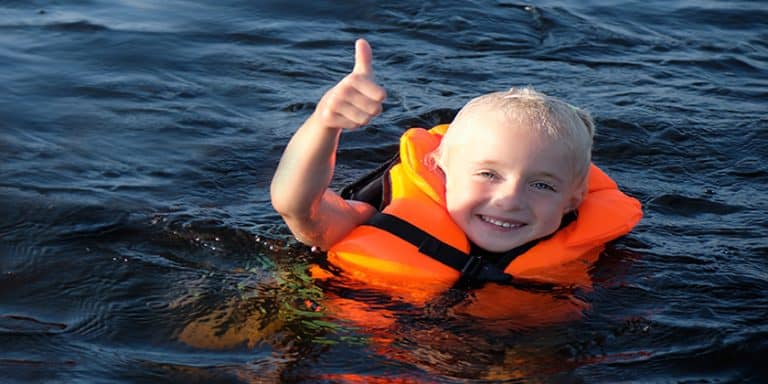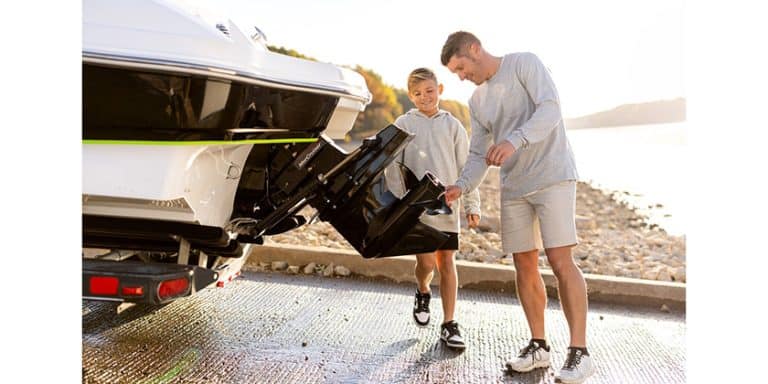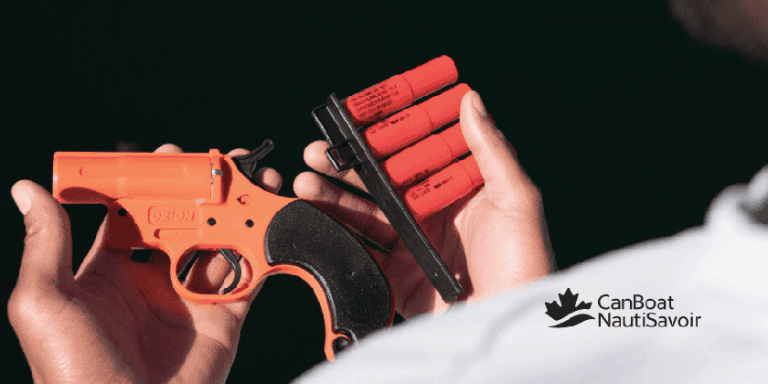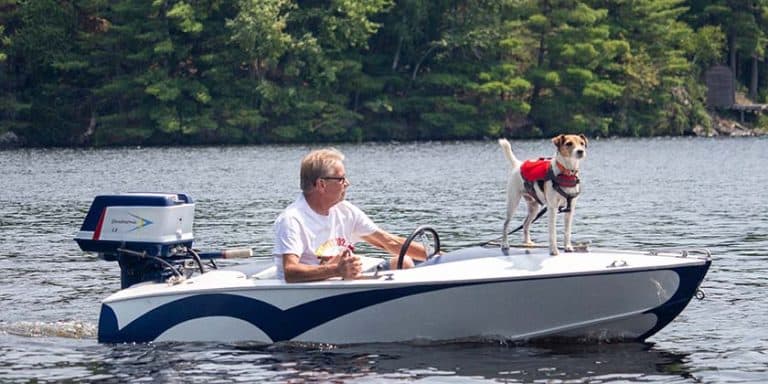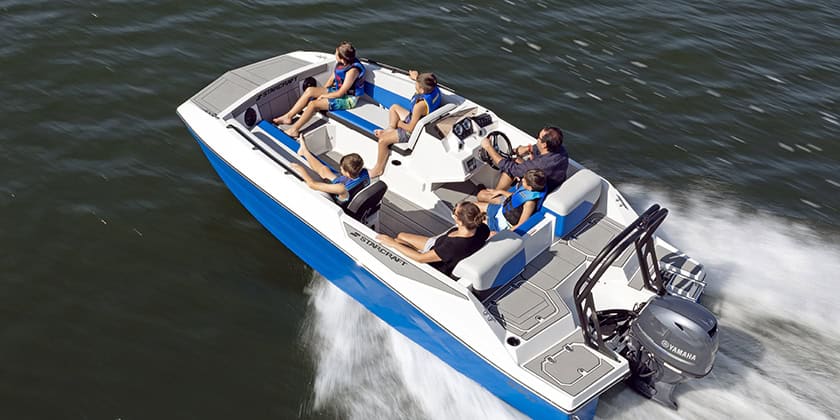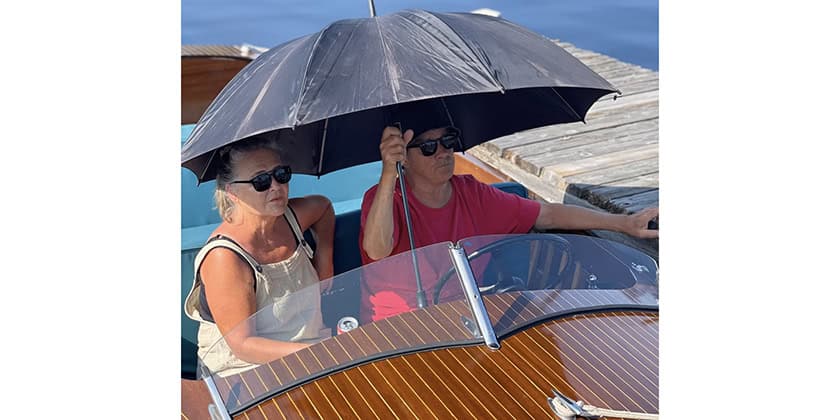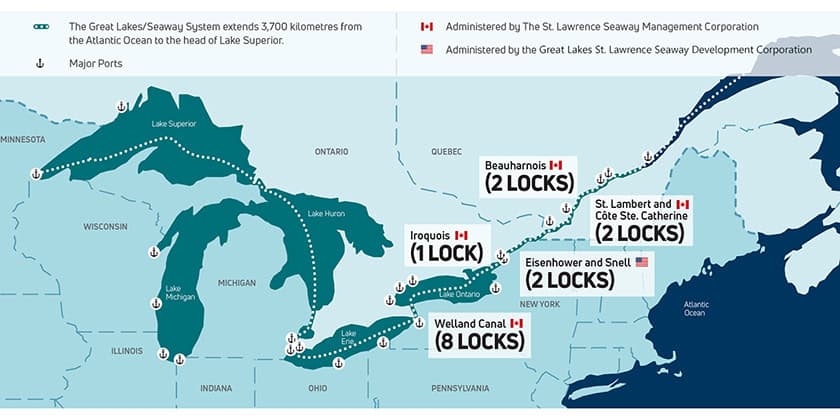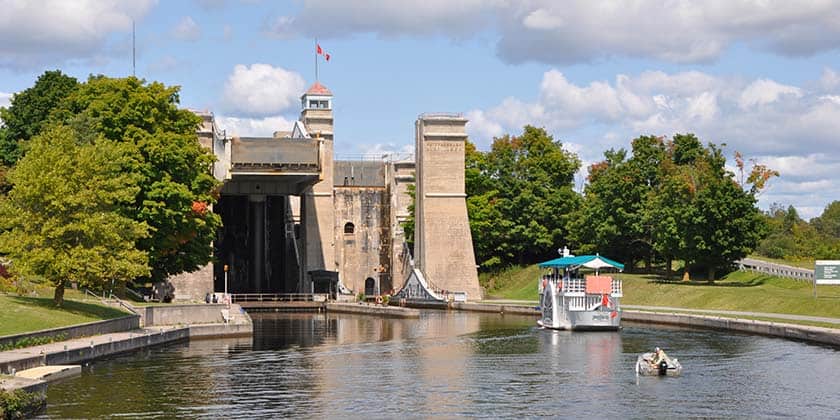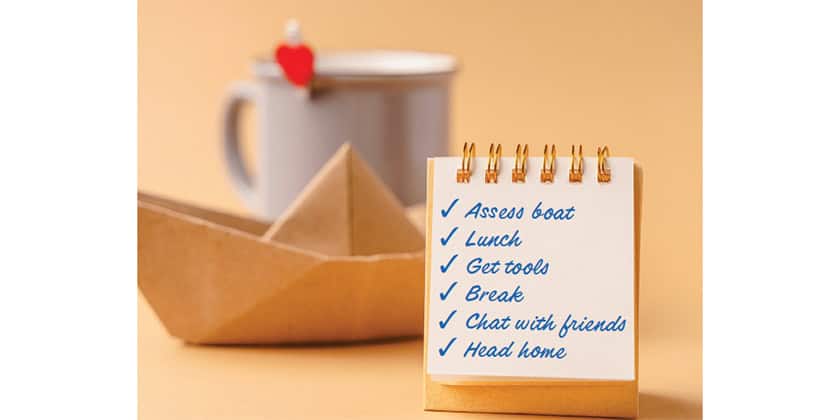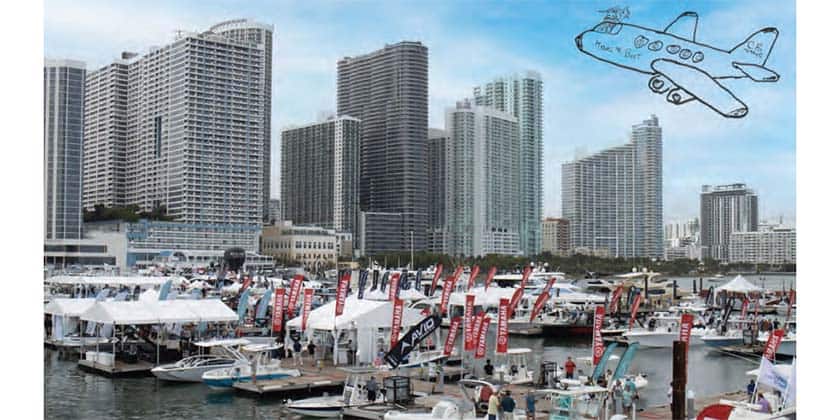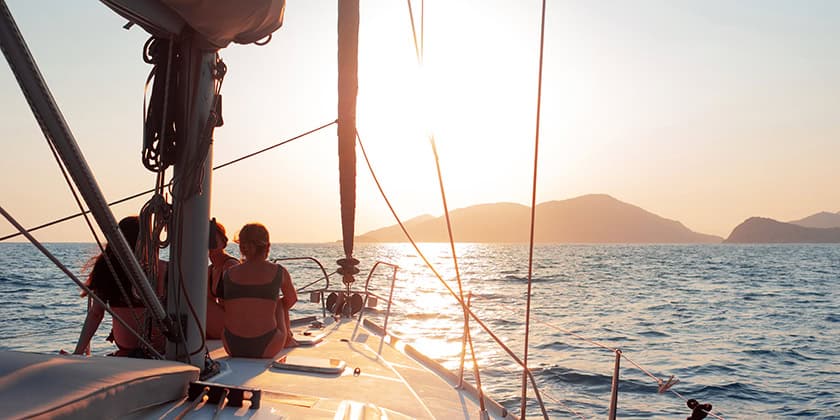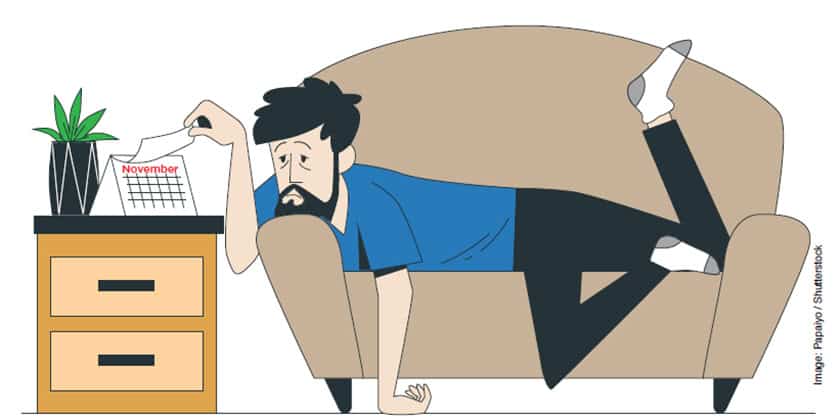Sponsored – Be safe on the water this season
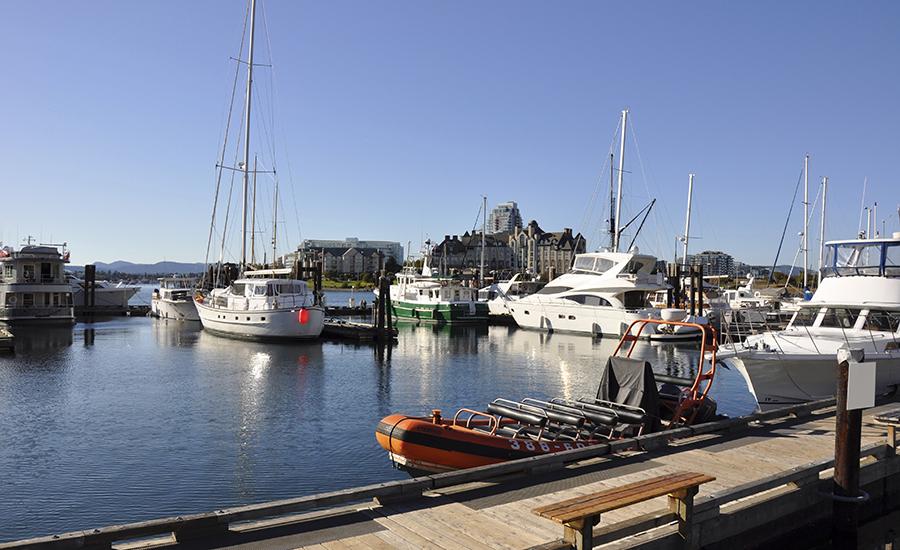
Sept 12, 2023
According to the Drowning Prevention Research Centre Canada, approximately 100 Canadians drown in recreational boating-related incidents each year. With boating on the rise in Canada, it’s as important as ever to be as safe as possible on the water.
There are several measures you can take to prevent tragedy before you get out on the water.
- Get your Pleasure Craft Operator Card
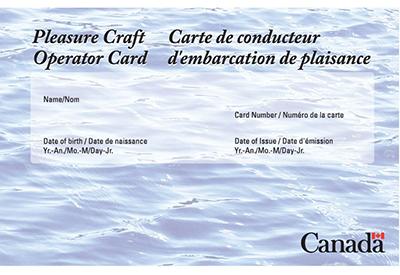
If you plan to operate a motorized pleasure craft, you must have a valid proof of competency. For most Canadians, this means a Pleasure Craft Operator Card. You can get your card by taking a boating safety course from an accredited course provider. With this course, you will learn safe boating practices, such as:
- The minimum safety equipment required on board your boat
- The rules of the road on the water, including what Canadian buoys look like and what they mean, and how to share waterways
- How to respond in an emergency
- How to properly license your boat
- Be prepared
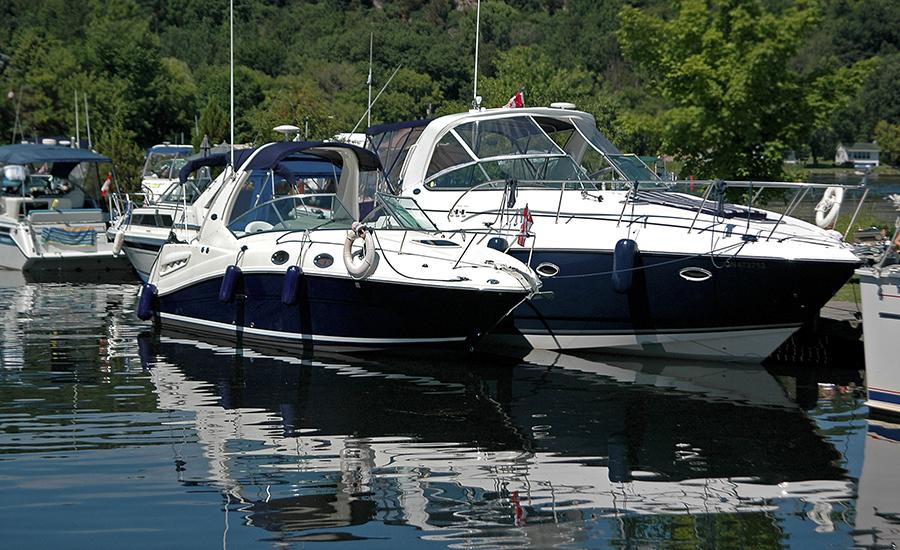
Taking small steps before you head out can help you stay safe on the water every time you go boating. For example:
- Checking the weather to ensure it is suitable for your vessel’s capabilities.
- Ensuring you have the required safety equipment on board and that it is in good working order, accessible, and that you know how to use it.
- Ensuring you have sufficient fuel.
- Understanding your surroundings, such as local hazards and the body of water you’re boating on
- Making a sail plan—before you go out on the water, tell someone where you’re leaving from, where you’re going, and when you plan to return
- Wear a lifejacket
Eighty percent of people who drown during boating-related incidents were not wearing lifejackets. When you’re on or near the water, wearing a lifejacket that fits, floats, and works like it’s supposed to is one of the best things you can do to increase your safety. Wear your lifejacket—it can be the difference between life and death.
- Boat sober
Don’t cruise with booze or other substances.Impaired boating is dangerous and illegal. The penalties are the same as operating your vehicle while impaired. Don’t put yourself and others at risk by mixing alcohol or drugs and boating.
Transport Canada’s Office of Boating Safety is dedicated to overseeing regulations and enforcement related to pleasure craft and operator competency. If you have questions about recreational boating, contact the Office of Boating Safety by phone toll-free at 1-888-463-0521 or by email at obs-pnr-bsn@tc.gc.ca. They can provide you with up-to-date information and resources to help you have an enjoyable boating season.
For more information, visit the Office of Boating Safety


